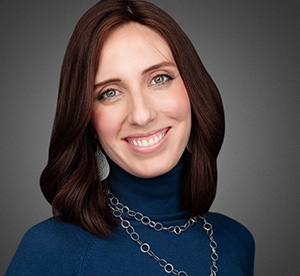Time and Place: Chapter 1 of 3

The ornate border and printed calligraphy told her this was a marriage certificate. Her parents,' she assumed

“Just dump it all,” Mordy said, stuffing what looked like a pile of shawls in a garbage bag.
Michal glanced at her brother; he was pragmatic like that. She looked around the room. It was hot and stuffy, the window AC made too much noise and didn’t work right. They sat on the floor opposite each other, the gray mottled carpet from their childhood beneath them, the stuff their mother had left behind when she finally moved, thrown haphazardly on every surface.
“I want to go through everything, just in case. Don’t want to miss out on something.” As if their mother would have left anything of value before she ran off to Boca and guilted her kids into doing “one last favor for your only mother.”
“Be my guest. I’m leaving at three, like I said I would. So if you want more help, know you’re declining it now.”
“I know, I know.” Michal laughed him off.
Mordy was always so straight, and she loved that about him; she knew exactly where she stood. It was helpful to have some clear relationships. She couldn’t say the same about many of the other relationships that made up her life.
“Also, why didn’t Chaim come? He texted me that he was ‘happy to help.’”
“Something came up,” Michal answered quickly. Mordy accepted her answer and didn’t push; that was the annoying thing about him, but in this case, maybe his weakness was a strength.
She had told Chaim not to come. He’d probably talk too much, ask too many questions about her mother. Michal wanted to be normal, and this part of her life definitely did not fit that description. This shanah rishonah dance made her feel like she had two left feet. Chaim was normal, exactly what she’d wanted, and yet, because of that, she bit her inner lip before sharing with him. He thought he knew what he’d signed up for, but she’d never shared more than the facts on the ground.
Michal inhaled deeply. Reframe, she told herself. She tried her thoughts again, being more deliberate. Chaim was nice, good, and normal.
Too normal.
Oops! We could not locate your form.







